One of the successful exports from Britain to Australia, has to be the Scottish born Chef Jock Zonfrillo. Jock, who runs, the now world famous, Orana restaurant in Adelaide has just won an international culinary prize by using ingredients and cooking techniques learned from indigenous Australian people. During his time studying, has visited hundreds of remote communities in Australia to understand the origins of ingredients and their cultural significance.
The Basque Culinary World Prize, with 100,000 € (£89,000) for the winner, takes a different interpretation of the idea of a celebrity chef. This unusual gastronomic prize is for his work for the culture and rights of indigenous communities in Australia.
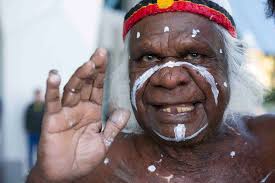 “The First Australians are the true cooks and ‘food inventors’ of these lands and their exclusion from our history, and specifically our food culture, is unacceptable,” he says. “My motivation comes from acknowledging a culture that farmed and thrived from the land they have lived on for over 60,000 years.”
“The First Australians are the true cooks and ‘food inventors’ of these lands and their exclusion from our history, and specifically our food culture, is unacceptable,” he says. “My motivation comes from acknowledging a culture that farmed and thrived from the land they have lived on for over 60,000 years.”
The culinary prize is run by the Basque Culinary Centre, a higher education institution entirely dedicated to the science and art of food.
It is based in San Sebastian, a city famous for its food culture, and the prize capitalises on the rise of the celebrity chef and their ability to influence food lovers around the world.
“When chefs started to come out from restaurants and connect with society and its challenges, we saw different initiatives starting to grow all over the world which looked at sustainability, social issues, education and health,” says Joxe Mari Aizega, director general of the Basque Culinary Centre.
Jock battled heroin addiction and homelessness, before learning his trade in London under Marco Pierre White.
He moved to Australia in 2000 intending to work in a Sydney restaurant until a chance conversation with a busker in Sydney convinced him to find out more about indigenous Australian culture.
“It’s a bizarre story,” he said of his unusual route to running the Orana Foundation.
“It is such a long way from home, if someone had said to me 30 years ago that I would be working with indigenous Australians running a not-for-profit I would have laughed at them, but I couldn’t be happier.”
He says countries around the world would benefit from connecting with their indigenous communities.
Some of the fruits and nuts that Jock uses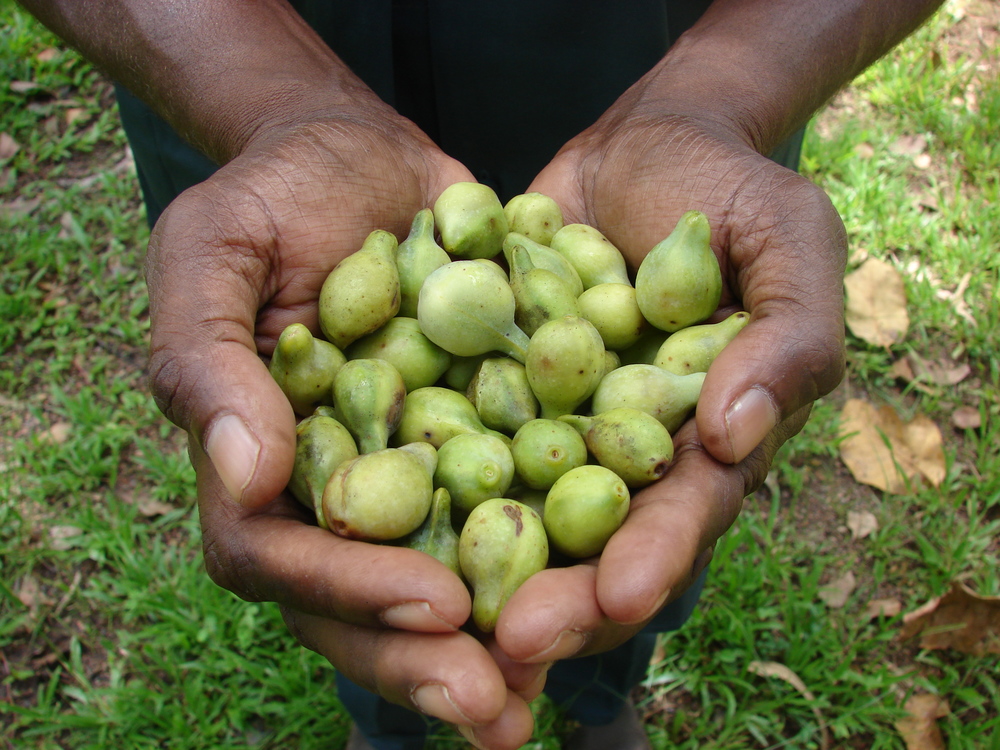
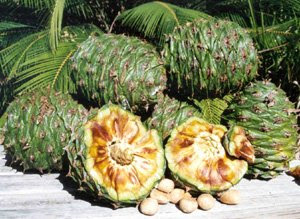
Kakadu plums, (above) a small fruit found in the desert which has as much vitamin C as 20 oranges;
Bunya nuts, (T. Right) which are believed to have been eaten by dinosaurs and can substitute for rice in a risotto;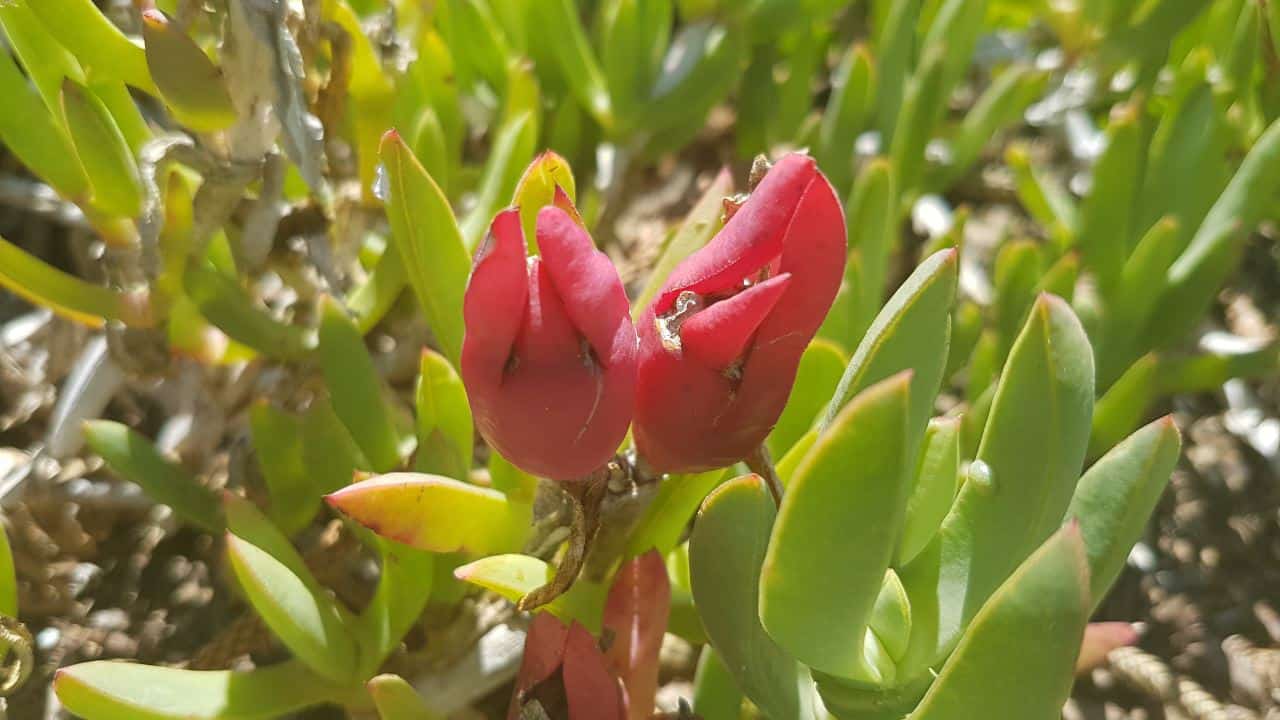
Karkalla, (Left) a succulent found on rugged cliffs and sand dunes which tastes like an anchovy.

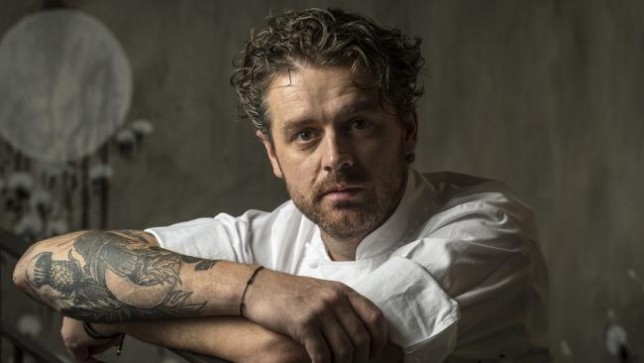
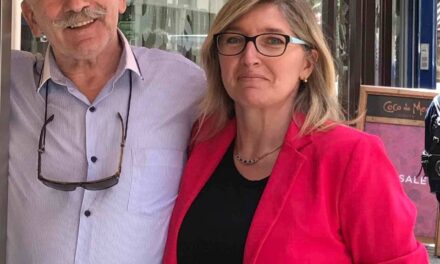
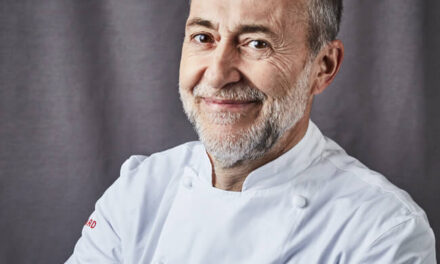
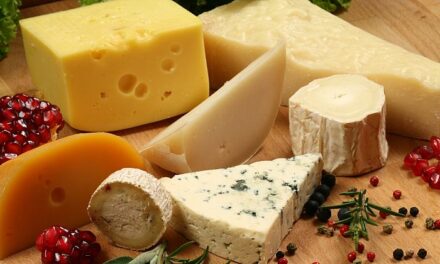







What a great story. I’d love to meet him.
I’ve had a look at the Orana Foundation – what wonderful work they do. Thank you for highlighting someone doing good in the world x